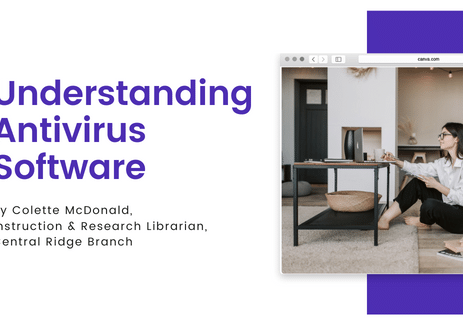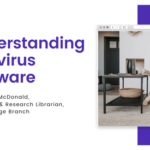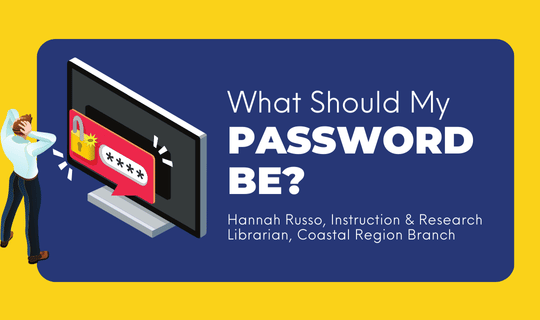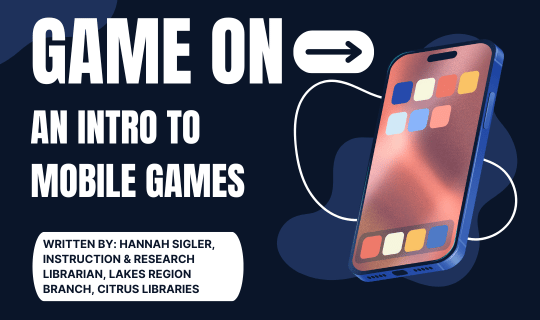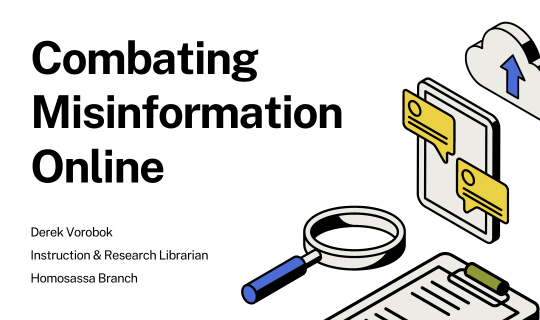Understanding Antivirus Software
When buying a computer, it’s easy to get caught up in thinking about memory space, screen size, accessories, and other needed software. One important piece of the puzzle that’s often forgotten about is your antivirus software. While most new computers will come with some protection and a free trial of another protection software, having something in place is critical to keeping your device safe over time.
Antivirus software is basically a large database of known malicious codes. When you visit a site, download files or programs, the software scans all of the incoming information for any of these infectious code sequences. Should the antivirus find any of these codes it will stop the download, quarantine the program or file, and let you know with a pop-up so you can delete it.
This is also the reason why it’s important to complete any updates available for your antivirus program. While it will initially come with up to date records of malicious code, new threats to look out for and additional security features are added through these updates. Old outdated antivirus will make it more likely for your computer to become infected, allow hackers to steal information, or completely lock up your device.
Now that you know why antivirus software is important it brings up two important questions. “How do you get it?” and “How do you know which one to trust?”
The convenient thing about antivirus software now is that you can choose to either buy the program in a physical format from a store, or simply download it from the company’s website. If you get the physical format of the program, just make sure that there is a disc drive available of your device. Newer computers and laptops may not have one.
As far as which antivirus to trust there are a lot of options. You’ve probably heard of big names like Norton and McAfee, but there are others out there. Names that sound familiar tend to work well and can be trusted, but they’ll come with a price tag to match the notoriety. There are free trustworthy antivirus programs like Avast or Bitdefender, but it will have less functionality and support. So, this is where it’s going to be important to do your research. Decide how much you are willing to spend, research what features you need or want, and what program provides the best of both worlds.
Doing all this research on your own can be confusing and time consuming. If you’re looking for help there are several well-known review sites for programs like these. PCMAG and Consumer Reports will generally keep and up to date list breaking down which software is best in certain categories; price, value, protection, etc. While these can help breakdown the ins and outs of an antivirus program, but be sure to look at plenty of reviews, and take advantage of free trials to try them out.
For further information visit your local branch of the Citrus County Library System and ask about our free technology classes. Classes are held throughout the county on a wide range of topics and subjects including Online Safety & Privacy. For additional information about programming please call your local library branch, go to the library’s website, citruslibraries.org, or follow @CitrusLibraries on Facebook and Instagram.




